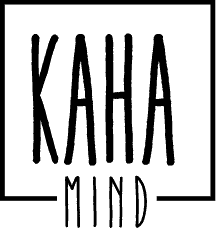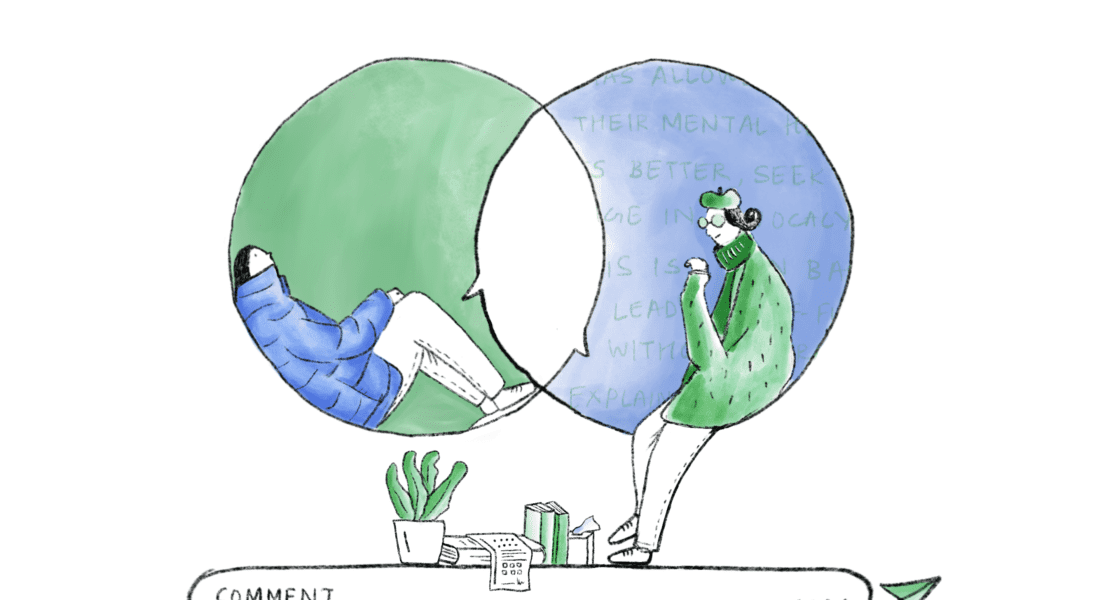
Learning to diagnose accurately takes years of training and experience, which only a qualified mental health professional would be able to do. Social media diagnosis is often based in misinformation and can lead to self-fulfilling prophecies, especially since it is done without a trained professional to help explain the intricacies and nuances of a diagnosis.
Social media diagnosis is often based on misinformation
Social media platforms such as TikTok, YouTube, Twitter and Instagram have countless individuals posting information about mental health disorders. Often, the individuals engaging in this discourse have no mental health-related qualifications or limited knowledge on these subjects.
This results in widespread misinformation about mental health disorders. According to a 2021 study done by a rehab clinic, one of the videos exploring `the negative effects of alcohol was found to be 0% accurate. This misinformation can be overwhelming for someone seeking answers and is often contrary as well.
This leads to self-misdiagnosis, which can be a cause for concern for multiple reasons, including the fact that people seeking this information online may be vulnerable to seeking help from people who are not qualified mental health professionals.
Misunderstanding the complexities of diagnostic categories
Symptoms of mental health are not crystal-clear in their presentation; they have subtleties that only a trained clinician will be able to parse out. Not only does a disorder have a spectrum of symptoms present, but the manifestation of it also varies across individuals. For example, depression may manifest as long periods of low mood for one person, but may manifest as irritability for another person. This is why simply relating to certain traits does not equate to having the entire clinical picture for a diagnosis.
Further, people may only seek to diagnose disorders that are ‘ego dystonic’ or incompatible with the view of themselves that they have, such as depression or ADHD. Other conditions that likely adversely affect other people but are not in line with the view they have of themselves may go unnoticed like addiction, or mania.
Another risk of self-diagnosis is that people may also end up mistakenly believing they have a disorder when they do not. Procrastination, inattention and difficulty focusing will not be explained by attention deficit hyperactivity disorder (ADHD) for everyone, just as feeling low and experiencing sadness does not always amount to clinical depression. Feeling stressed is a regularly occurring phenomenon. But is feeling stressed the same as having clinical anxiety or having a panic attack?
Unfortunately, we have ended up pathologizing behaviours and traits which are experienced by everyone from time to time in varying degrees. This can result in people misunderstanding themselves and also can minimise the struggles that people who actually have mental illnesses go through.
Missing out on physical conditions
Social media diagnosis could also lead to serious physical health conditions going untreated.
Not to forget, owing to the internet Gods and #mentalhealthexperts, there might be underlying physical health conditions which might be going unnoticed, and as a result, untreated. The dizziness, chest tightness and shortness of breath associated with panic attacks and other anxiety disorders could be signs of coronary artery disease (CAD). It could be indicative of chronic obstructive pulmonary disease (COPD). Headaches may be written off as depression or anxiety could in fact, be another neurological condition which might later lead to a stroke. Unfortunately, hashtags and video shorts can’t be a replacement for a physical health exam by a medical professional.
Self-labelling leads to self-fulfilling prophecies
Oftentimes the diagnosis one finds for oneself ends up becoming a pivotal part of their identity, even though it may be an inaccurate one. You may have heard people say, “I’m depressed”, “I’m so OCD” and “I’m an anxious person”. These labels can also be used by individuals to eschew accountability. For example, someone saying, “I lashed out because I’m an anxious person.” This is especially concerning given that an individual indulging in aggressive behaviours may use their identity as someone with an anxiety disorder to argue their behaviour was not in their control.
Confirmation bias also leads to people gathering more information in line with their existing beliefs about their diagnosis. People may also harbour certain beliefs called ‘self-fulfilling prophecies’ such as, “This is the way I am – It will not change”. According to research, self-fulfilling prophecies about one’s mental health can lead to a reduced tendency to work on the symptoms and avoidance of health-seeking behaviours. As a result, an individual’s openness and willingness to engage with a mental health professional, and be receptive to their diagnosis and treatment also reduces.
Mental Health professionals provide support beyond a diagnosis
Mental health professionals do much more than just provide an accurate diagnosis. They also ‘personalise’ the diagnosis in terms of providing an understanding of what the diagnosis means for that specific client. This kind of “aftercare” of a diagnosis in terms of proper psychoeducation and discussing prognosis will always be amiss from reels, clickbait articles and Buzzfeed quizzes (no offence to them; yours truly also likes to find out what kind of dessert she is.)
As comforting and validating the strangers talking about mental health on our screens sound, a robust clinical interview, a good standardised assessment tool, a psychiatrist’s prescription and the safe space of a therapy session still seems to be our best bet.
So go head – scroll, swipe, and click your way to the nearest mental health practitioner for more answers and comfort.
Also read The case for social media diagnosis article for better understanding.

